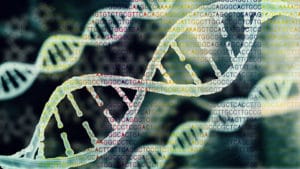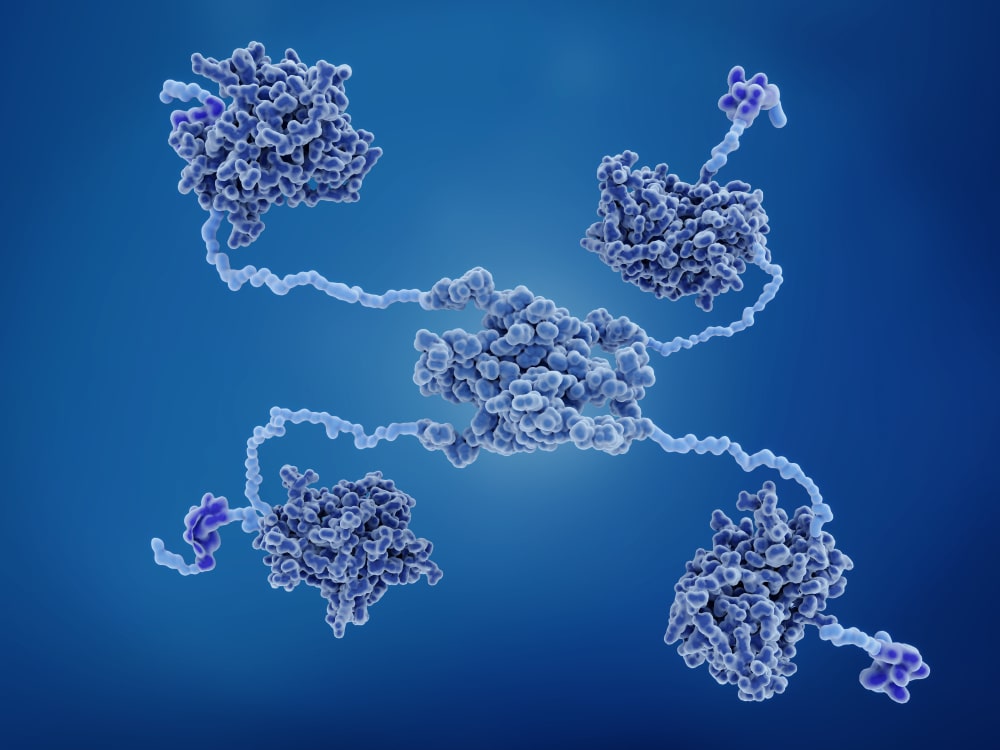Over 200 years ago, Dr. James Parkinson, a neurologist, geologist, and activist, published “An Essay on the Shaking Palsy” in 1817 which described the disease. Almost 60 years later, Jean Martin Charcot, a French neurologist, recognized the importance of Parkinson’s work and named the disease after him. To mark Dr. Parkinson’s birthday, the first official World Parkinson’s Day took place in 1997 on April 11th, and April is deemed as the Parkinson’s awareness month.
J.W.S. Van der Wereld, a Dutch horticulturist who had Parkinson’s disease and was living with Parkinson’s – developed a new red and white variant of the tulip which is used as the official symbol.
What is Parkison’s?
According to recent statistics from the Parkinson’s Foundation, over 10 million people are affected. Parkinson’s is a progressive disease of the nervous system marked by tremors, muscular rigidity, and slow, imprecise movement mostly affecting middle-aged and elderly people. It is caused by a loss of nerve cells in the substantia nigra, a critical region located in the midbrain.
How can you help?
The Parkinson’s Foundation has launched a national study, PD GENEration, to genetically test and study the disease. If you know anyone with Parkinson’s disease, you can help further understanding by enrolling at no cost. Learn more here : https://www.parkinson.org/PDGENEration
What is Gain Therapeutics doing for Parkinson’s awareness month?
Gain is currently developing a drug candidate GT-02287 for the treatment of GBA-Parkinson’s disease. GBA1-Parkinson’s disease is a genetically defined disease that affects over 500,000 patients worldwide (~14% of all PD patients). The disease, caused by mutations in the GBA1 gene, results in dysfunctional glucocerebrosidase (GCase), an enzyme responsible for the degradation of toxic lipid substrates. Gain’s lead compound GT-02287 is a small molecule that acts as a non-competitive pharmacological chaperone to allow correct folding of GCase in neuronal cells with a GBA1 mutation as well as in wild-type cells. Correctly folded GCase traffics to the lysosome to perform its normal function of depleting toxic lipid substrates. Based on this mechanism of action, GT-02287 has the potential to be a disease-modifying therapy of Parkinson’s disease. The program will be entering the clinic later this year.
Gain’s lead program in Parkinson’s disease has been awarded funding support from The Michael J. Fox Foundation for Parkinson’s Research (MJFF) and The Silverstein Foundation for Parkinson’s with GBA, as well as from the Eurostars-2 joint program with co-funding from the European Union Horizon 2020 research and Innosuisse.
You can read more details about the program here:https://perspectives.gaintherapeutics.com/lead-program-in-gba-parkinsons-disease/




